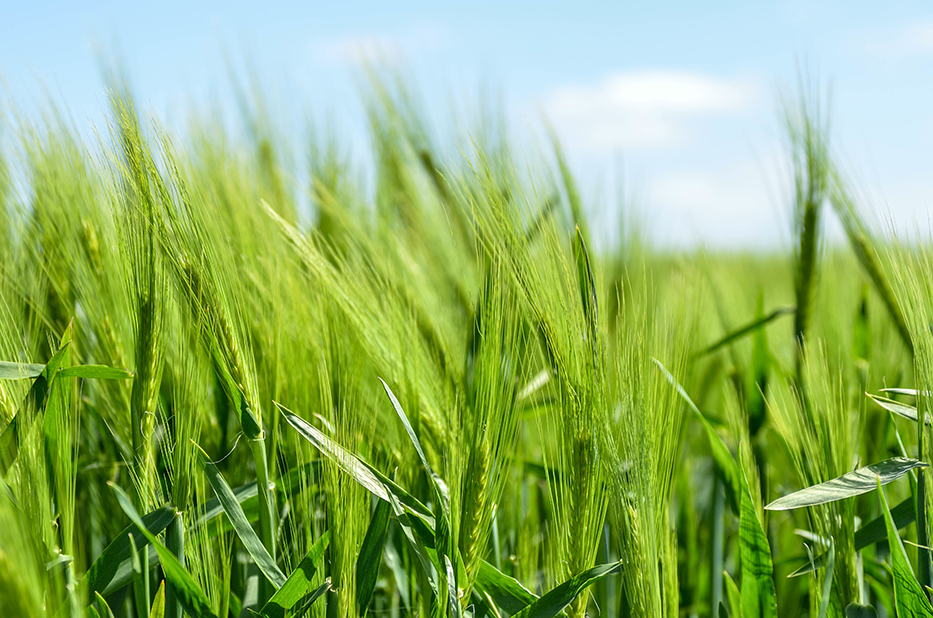Why Albert Lea Seed is pledging $60,000 for Winter Barley Research
by Mac Ehrhardt • President, Co-Owner of Albert Lea Seed
Albert Lea Seed is proud to announce that we are pledging $60,000 to support Dr. Kevin Smith’s Winter Barley project at the University of Minnesota. We believe that farmers throughout the Upper Midwest will benefit from the winter-hardy winter barley varieties he is breeding.
Our company is committed to regenerative agriculture. We strongly believe that, in addition to feeding us all, agriculture has an essential role to play in keeping our surface and groundwater clean, protecting our natural flora and fauna, and in reducing the impact of climate change. One of the simplest and most efficient ways for agriculture to have a positive impact on all these ecosystem services is by diversifying crop rotations and especially by keeping roots in the ground year-round.
Winter cereals, such as rye, wheat, and barley offer farmers rotational crops that helps achieve these objectives. Fall-planted barley would benefit farmers by allowing them to plant in the fall and not worry about spring planting weather. Winter barley will deliver the ecosystem services food companies are trying to achieve such as: sequestering carbon, reducing erosion, enhancing soil structure, increasing soil organic matter, minimizing nitrogen leaching and improving water quality. Unfortunately, we do not yet have winter barley varieties that are consistently winter hardy in the Upper Midwest.
Enter Dr. Kevin Smith of the University of Minnesota. Dr. Smith has been working on developing 2-row and 6-row winter barley varieties for close to a decade when the University of Minnesota initiated a winter barley breeding program in 2011 as part of a national USDA-funded project. The UMN breeding program has developed advanced six-row barley breeding lines that survive better than current varieties. Based on trials in Minnesota, current winter barley cultivars have reached 70% or better survival in five of the past ten years.
Changes in malting and brewing industry demand has shifted the UMN research focus away from six-row barley to two-row barleys, which are preferred by malters. But Dr. Smith had some 6-row varieties in his program that were showing promise as a winter annual to help provide farm income and continuous cover in Midwest cropping systems.
When we learned that these were going to be put on the shelf, we asked if we could support this breeding program specifically to try to bring about the release of winterhardy 6-row barley for feed and forage. We have pledged to give $20,000 per year for three years in order to fund the development of these varieties.
We are proud to be able to support the work of Dr. Kevin Smith at the College of Food, Agricultural, and Natural Resource Sciences. Thanks to you, our customers, for supporting our business so that we can support this work!
Tags: winterhardy